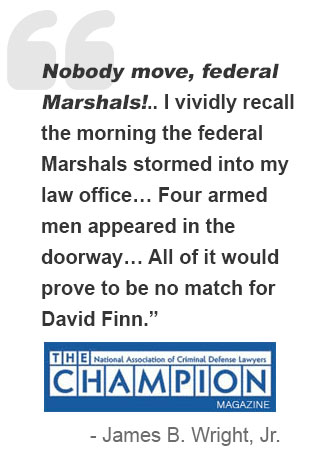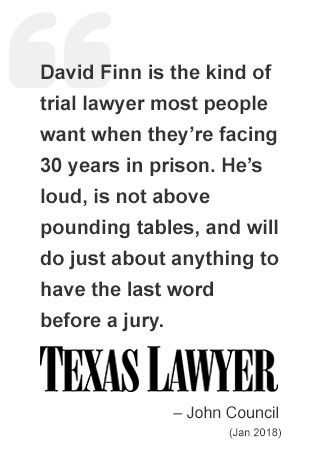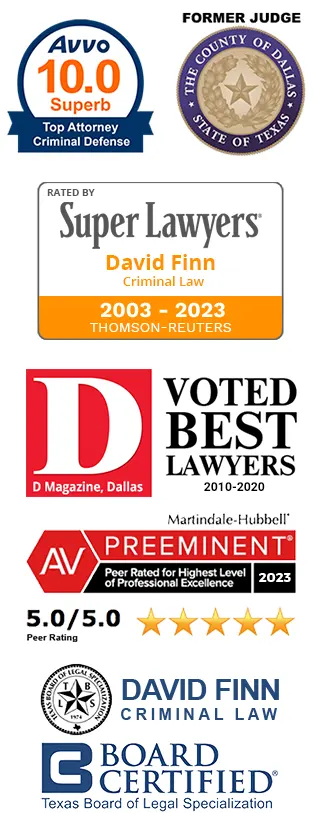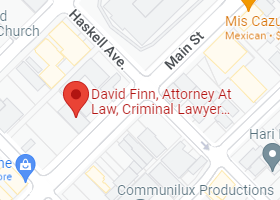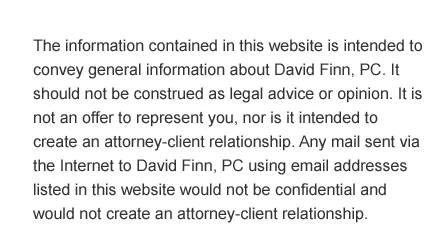


Now, The Voice of Reason (In Dissent)
IN THE
TENTH COURT OF APPEALS
No. 10-06-00409-CR
Tony Ezzerret Mason,
Appellant
v.
The State of Texas,
Appellee
From the 40th District Court
Ellis County, Texas
Trial Court No. 30506CR/A
DISSENTING Opinion
I dissent because I believe the trial judgeâs comments to the jury panel vitiated the presumption of innocence.
THE ISSUE
In a single issue and relying solely on Blue v. State, Mason says the trial judge destroyed the presumption of innocence when he admonished the jury panel. Blue v. State, 41 S.W.3d 129 (Tex. Crim. App. 2000). The State says that Blue is ânot controlling precedent,â? so Mason waived his complaint, and that Blue is factually distinguishable from the case at hand.
The majority opinion reviews the statements Mason complains of, but inexplicably concludes that he has failed to preserve a complaint for review.
Blue v. State
Although the State does not believe that Blue controls whether an objection was required to preserve the complaint in this case, the Court of Criminal Appeals opinion shows that only three judges dissented, with two concurring. Id. The preservation question was the focus of the case, but in finding âfundamental errorâ? not requiring preservation, the majority found an error by the trial judge in imparting information to the venire that âvitiated the presumption of innocence.â? Id. at 132-33. Judge Mansfield joined the majority because he found the comments by the trial judge âso fundamentally prejudicial that appellantâs right to a fair trial was denied.â? Id. at 133-35 (Mansfield, J., concurring). In concurring, Judge Keasler found that the trial judgeâs statements were, when viewed objectively, so egregious as to render him biased and agreed that the error was both fundamental and structural. Id. at 135-39 (Keasler, J., concurring). Thus, six members of the court found the comments to be fundamentally erroneous.
THE ADMONITIONS
Among the statements to the jury panel that Mason complains of are these:[1]
· I would just as soon do without you. I would just as soon make all the decisions myself if youâd just let me; but you didnât want to do that.
The majority opinion says that statement might have been made âin jest,â? but the record does not reflect thatâit is simply speculation. The majority says the comments might be concerning the structure of the judicial system, but the record does not say that, and the statement, although ambiguous, conveys to me that the trial judge does not think that juries are desirable.
· And most of the time nobody wants to beat their head on a wall.
. . .
· On the other hand, the systemâs also designed if you want to beat your head on the wall, you can do that too. Itâs your privilege.[2]
This has no place in admonishments to a jury panel. The majority opinion says that these statements do not convey that Masonâs choice of a jury trial is unreasonable. What, then, does it convey? These statements came after: âOver 90 percent of [criminal] cases are settled.â? Of course, criminal cases are âsettledâ? by the defendantâs pleading guilty. These statements, read objectively, could only have conveyed to the jury that Mason was beating his head against a wall by not âsettlingâ? or pleading guilty. The record shows that Mason rejected a plea bargain of 60 years.[3]
· The first basic thing [in] every criminal case every defendant is presumed to be innocent. That doesnât mean that they are innocent.
The majority opinion buries this statement in a footnote, claiming inadequate briefing. As I have noted, Mason cites only Blue. Thus, this most damaging of the trial judgeâs statements is glossed over and not considered in the majority opinion.
Blue stands for the proposition that the judgeâs comments that taint the presumption of innocence are fundamental error. Given that holding and the single citation in this case, it is difficult to imagine that this part of a single issue is inadequately briefed. This statement, alone, is enough to taint the presumption of innocence when made by the trial judge.
· You tell us that. Itâs very subjective.
The majority opinion says this statement is not improper, citing cases considering challenges for cause. No juror had been questioned when this statement was made. The statement basically conveys the impression that the jury can determine for themselvesâindividually, as evidenced by the repeated references to âyou,â? not under the law, what is meant by the burden of proof. Furthermore, the reference to other cases that âought to be settledâ? is an improper reference.
· You donât hear any evidence of whether a defendant has been arrested 100 times before or has never been arrested before in their life generally. You donât hear that theyâve got a criminal record or they donât have a criminal record. . . . You donât hear that in the guilt or innocence phase generally because itâs not relevant . . . . Whether somebodyâs a good guy or a bad guy, you get to hear that later if we get that far.
The majority opinion says that these comments do not effectively imply that evidence of Masonâs bad character exists. What does âeffectivelyâ? mean? That the trial judge intended to imply that such evidence exists and did not get that over to the panel? By dwelling on the subject of character evidence and a âcriminal record,â? the trial judge conveyed to the jury panel that they would hear more about those subjects later.
HARM?
In Blue, no harm analysis was performed before reversing the cause and remanding to the court of appeals. Id. at 133. Although a review like Blue appears to have a harm component built in, i.e., how could a defendant receive a fair trial if the presumption of innocence has been destroyed, on remand the First Court of Appeals did a harm analysis, found that Blue had been harmed, and remanded the case to the trial court. Blue v. State, 64 S.W.3d 672, 672-73 (Tex. App.âHouston [1st Dist.] 2001, pet. refâd) (op. on remand).
Finding a fundamental error of constitutional dimension, I cannot say beyond a reasonable doubt that the error did not contribute to Masonâs conviction.[4] Tex. R. App. P. 42(a).
CONCLUSION
I would find that the comments made to the jury panel in this case, in some ways more egregious than those in Blue, vitiated the presumption of innocence and harmed Mason. I would, therefore, reverse the judgment and remand the cause to the trial court
for further proceedings. Because the majority does otherwise, I respectfully dissent.
BILL VANCE
Justice
Dissenting opinion delivered and filed September 12, 2007
Publish
Phone Numbers
Office: (214) 538-6629

